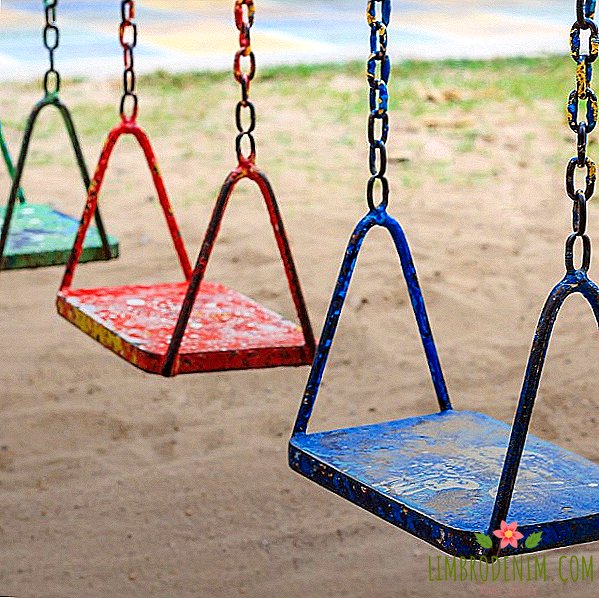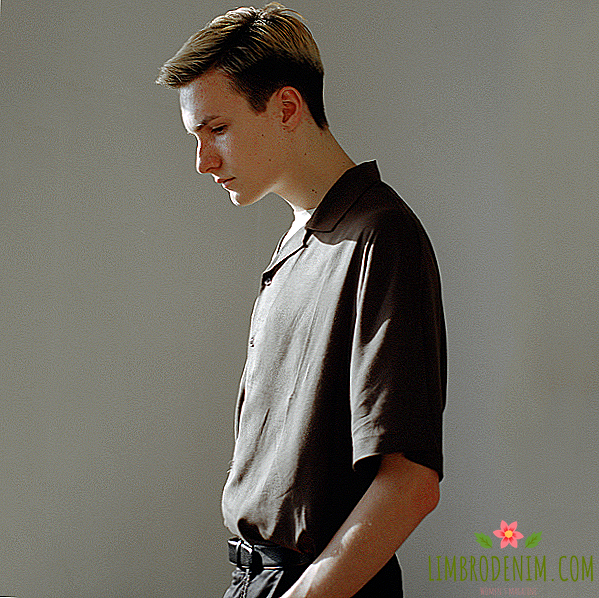Fire digestion: Is it possible to drink while eating
various currents of alternative medicine Gave the world a lot of "rules" of how to live and eat to be healthy. And although these trends themselves, like their followers, have long gone out of fashion, some of the myths they have generated are still alive. We deal with the next of them and find out whether it is still harmful to drink food with water or other liquid.

Who thought that you can not drink
That Herbert Shelton, the popularizer of the theory of separate feeding, whose books were read on the border of the past and present centuries, said that the liquid with which a person drinks food is diluted with gastric juice. Shelton did not have a medical education, and he was engaged in doctoring, without having a corresponding license for that - for which he was repeatedly brought to justice. None of his theories has been adequately substantiated, supported by research data and published in at least some medical journal. In addition, the recommendations to avoid drinking while eating are attributed to Ayurveda, and the Indian philosophy says it is against the ban on cold water, which supposedly "extinguishes the fire of digestion."
Nevertheless, the main argument of the opponents of drinking - dilution of gastric juice - was subjected to repeated testing, and it was never proved that such a thing was possible. The point in this question was put by a study in which patients were given 300 ml of water to drink before a planned stomach operation. During operations, samples of gastric juice were taken from them and its acidity was measured. As was to be expected, the pH (acid-base balance) was normal. So the first thing to remember: drinking nothing during the meal will not be bad.
How does digestion work
Digestive enzymes begin to be produced even before we begin to eat, and this process continues throughout the meal and after it, so if the water could dilute them, it would hardly be critically important not to drink it during the meal. According to therapist, toxicologist and medical journalist Alexei Vodovozov, the theory of the breeding of enzymes is absurd. An enzyme molecule interacts with substrate molecules, that is, a substance susceptible to this enzyme. To do this, they must meet, and the water rather contributes to this meeting: one thing is a dense lump of food (where the enzyme still needs to squeeze somehow), the other is liquefied or generally close to a solution. In the second case, the meeting of the enzyme with the substrate will occur much faster.
It is worth noting that we are talking about not eating food while chewing - food in the mouth should be moistened only with saliva, because digestion begins with food processing with the help of saliva enzymes. But there is nothing wrong with having a drink after swallowing another bite. The acidic environment of the stomach is provided by hydrochloric acid, and in order to lower its acidity (that is, raise the pH) by at least one item, you need to drink several liters of water at once. But even in this case, a healthy stomach will simply continue to produce acid until its amount reaches the level it needs. It was found, for example, that the food itself in the stomach is capable of slightly reducing the acidity, but in the process of digestion it is normalized again.
Alla Pogozheva, a leading researcher at the Institute of Nutrition of the Russian Academy of Medical Sciences, professor, explains that food that has entered the stomach lasts an average of four hours, while water “flows” for 10–15 minutes, after which it is absorbed in the intestine. The specialist emphasizes that even a very large amount of water is not enough to dilute the gastric juice and reduce the activity of enzymes. In addition, the food itself (especially vegetables and fruits) and the gastric juice itself contain water, so its presence in the stomach is completely natural and does not contradict physiology.

Can I not drink while eating
You can not drink. If only because in the course of a long evolution, the human body has learned to independently regulate the processes occurring in it. In other words, the body is able to adapt to different circumstances and change its work depending on them so that it is comfortable. "The body has several lines of 'protection against a fool', which may be its owner. The owner, who decides to drink water while eating, because it is written in one source, or not to drink, because it is written in another. In the first case some mechanisms of maintaining homeostasis (that is, the constancy of the internal environment) will work, in the second - others, ”Alexey Vodovozov notes. Professor Alla Pogozheva adds that water during the meal contributes to the formation of the chair, with its participation various reactions and metabolic processes in the body take place, so it’s still better to drink, and if not during the meal, then at least some time later.
Can I drink tea, coffee, juice or lemonade
For a comfortable digestion, especially if you have already had problems with it, warm non-carbonated water without impurities is best suited - but in general, there is nothing terrible in combining food with other drinks. It is confirmed that they, like water, do not affect the pH level. For example, in a study that compared the effects of water, tea, coffee, and apple juice, no significant changes in stomach acidity were noted. There are only some nuances that do not interfere with the consideration of people prone, for example, to heartburn or flatulence.
So, it is believed that coffee can simultaneously increase the production of hydrochloric acid in the stomach and prevent the sphincter that separates the stomach from the esophagus from closing. This leads to a "throwing" of the acidic fluid into the esophagus and the feeling of heartburn. True, according to other sources, coffee in reasonable quantities is still safe for the digestive tract. With regard to beverages containing fructose - for example, fruit drinks or juices - there is also no prohibition, but, according to Alla Pogozheva, in people prone to meteorism, they can provoke bloating. As for drinks like cola or forfeits, they will not affect digestion, but it is worth remembering that these are additional sources of sugar and caffeine. By itself, carbon dioxide harm the stomach does not cause, but can provoke, for example, hiccups.
Is temperature important
There is often another myth on the Internet - that if you drink cold drinks with food, the work of the digestive tract will accelerate many times, causing all that you eat will go to the intestines, not properly processed by enzymes in the stomach, start to rot and lead to various health problems and well-being. In fact, this is impossible, because the process of digestion consists of clear successive stages; the body is not stupid enough to harm itself by pushing food into the intestines right away simply because it is cold. And finally, there is evidence of the already obvious conclusion: everything that enters the stomach, within five minutes, heats up (or cools) to its temperature. Considering that digestion lasts several hours, even repeated intake of cold or hot drinks is unlikely to significantly change its speed.
True, cold or hot drinks can be harmful for other reasons. Too cold can provoke painful sensations with increased sensitivity of the teeth, but the abuse of burning food or practically boiling tea can lead to esophageal cancer. The International Agency for the Study of Cancer calls safe drinks with a temperature no higher than sixty-five degrees. In general, and with the drinks themselves, and with their temperature, the main thing is a sense of proportion.
Photo:DenisNata - stock.adobe.com, azure - stock.adobe.com, jassada watt - stock.adobe.com





